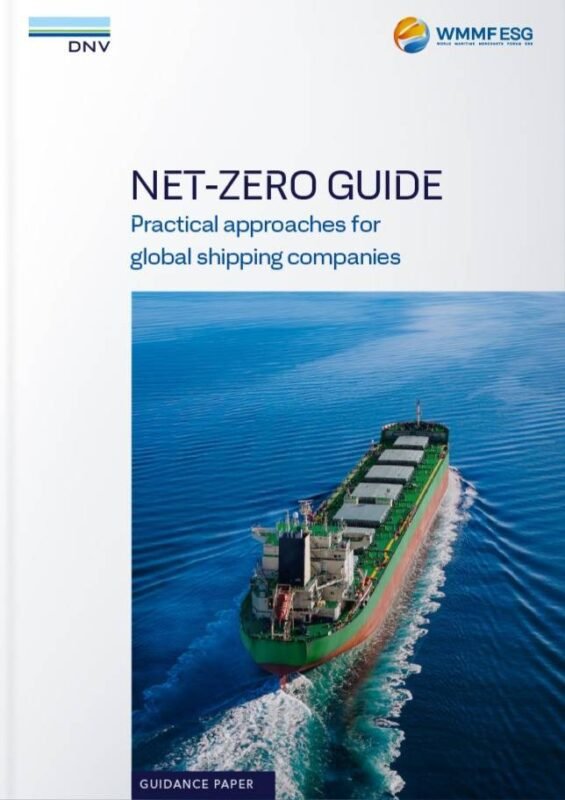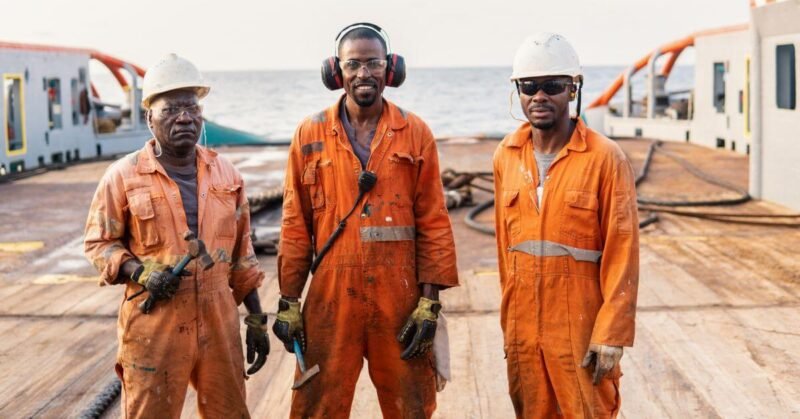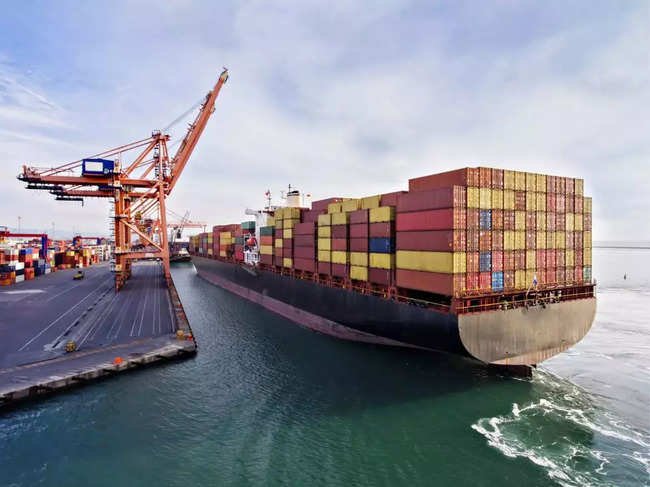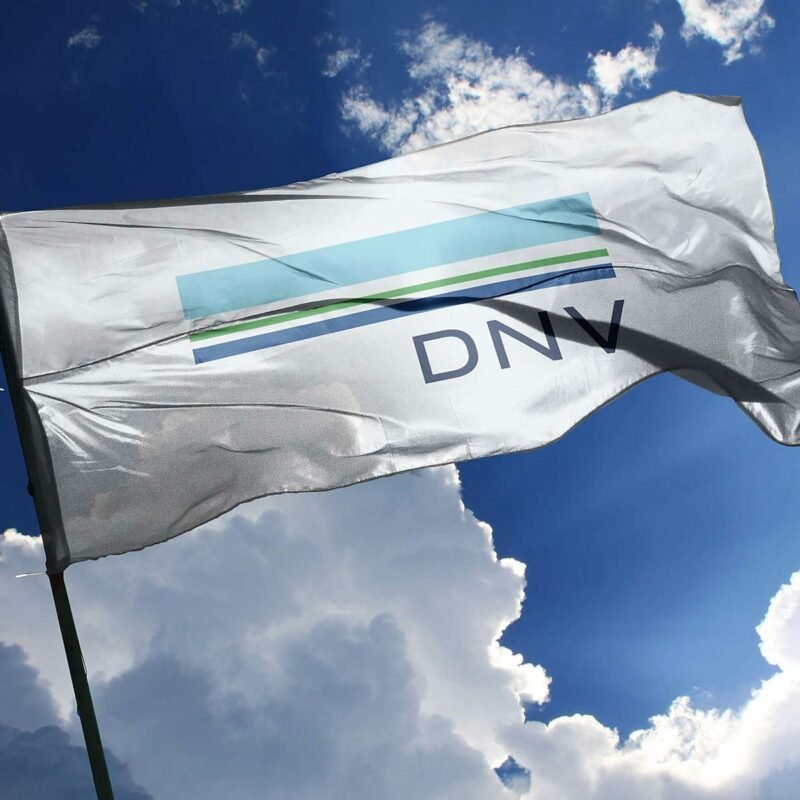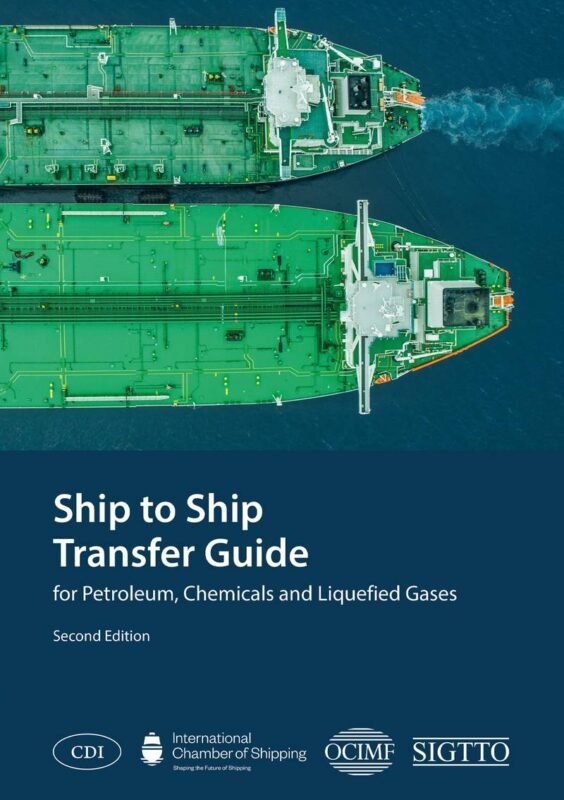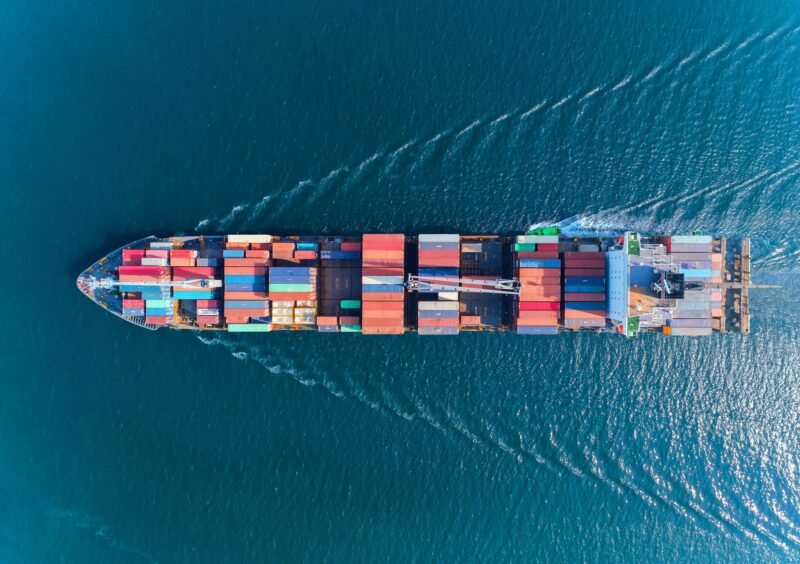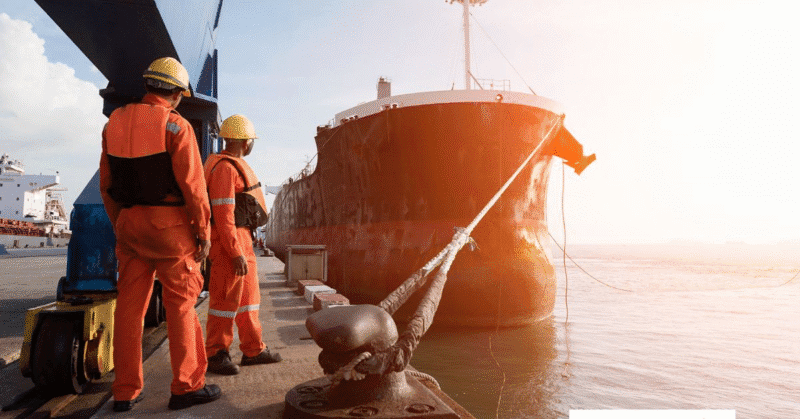The maritime industry is undergoing significant changes due to evolving regulations, commercial pressures, and a global push to reduce greenhouse gas emissions. In response, DNV and the World Maritime Merchants Forum (WMMF) ESG team have released a guide aimed at assisting shipowners in navigating these challenges, with support from industry organizations worldwide.
Titled “Net-Zero Guide: Practical Approaches for Global Shipping Companies,” the guide offers a structured roadmap for decarbonization. It provides actionable steps for aligning operational and investment decisions with both international and regional regulations, helping companies manage uncertainties and adopt best practices.
The guide highlights the complexities and costs of compliance, particularly for small and medium enterprises (SMEs). It outlines cost-effective strategies, such as energy-efficiency upgrades and phased fuel transitions, to help shipowners manage expenses while transitioning fleets towards net-zero emissions. By aligning investments with operational improvements, shipowners can enhance their commercial resilience.
Moreover, the guide emphasizes embedding decarbonization into core business strategies, linking compliance with fleet investment and financing. It advocates a lifecycle approach to fleet management and stresses the importance of partnerships, digitalization, and robust change management to support sustainable growth and regulatory compliance.
Share it now


